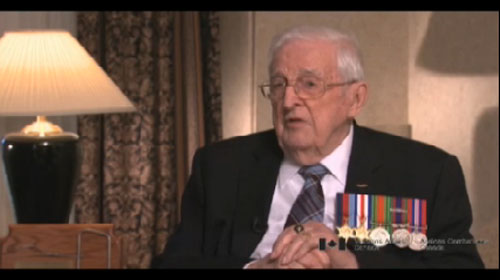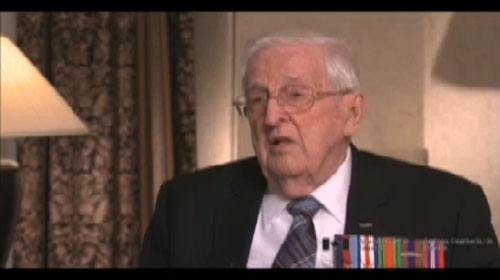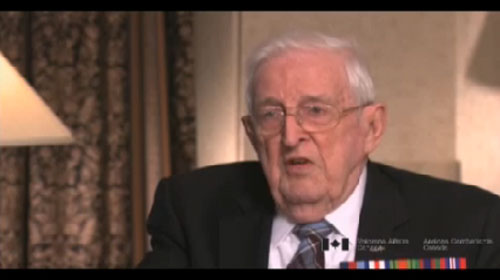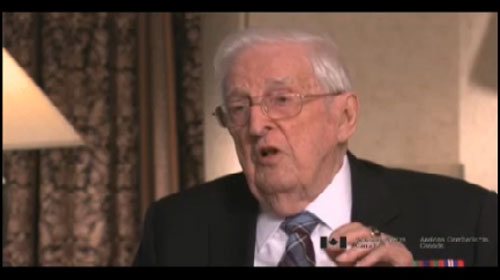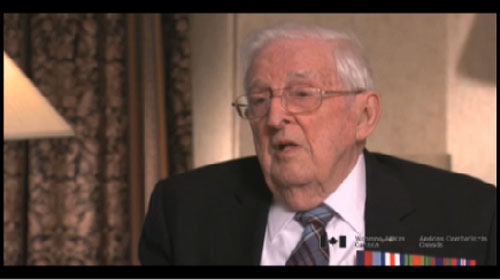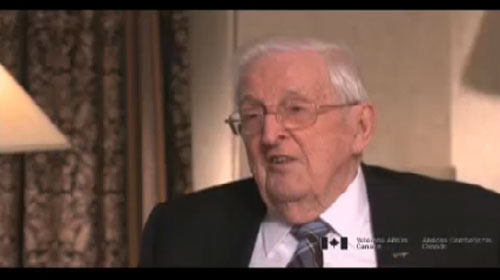Typical Flight Routine
Heroes Remember
Typical Flight Routine
Well, first of all, we would go and
take a look at the battle order which
was a list put out and tacked onto the wall
about which crews would be
flying that night. And while we didn't know
what the target was at that early stage
of the day, we could tell by the amount of
petrol or gasoline that we knew was being
put into the kite and we knew what sizes and
how many bombs were going in.
So if we saw that there was
a lot of gas, you know, and so on,
well we knew we had to go on
quite a long trip if there was a lot of gas and
light bombs. On the other hand, if there
wasn't very much gas comparatively,
we knew that it wasn't going to be a long,
long trip. Now some trips that we went on
were pretty long.
In fact, to get to Stuttgart and back
back was almost twelve hours.
And at the end of twelve hours although you
don't realize it, during that twelve hour trip,
you are on the alert for twelve straight hours,
no fooling around,
no thinking of your next date,
or anything like that. It was all business.
And with seven men on the crew there was
very little talking, extremely little talking.
There was no kibitzing or anything like that.
When we took off we were alert from the time
we took off until we got back.
Interviewer: And how was the weather a factor
to your flight operations?
Uh, big, the weather was a big deal because
I remember taking off many times when the
weather was very, very poor in England but
at the same time in the continent there were
some parts of Germany that we were going to
bomb maybe it wasn't.
We preferred to bomb a target that wasn't
covered with cloud. But at the same time,
we had a method of bombing through cloud,
you know, by the bomb aimer.
Although he couldn't see the target,
he knew where we were and so on.
But we preferred to bomb in the clear and
at the same time it made us
sitting ducks too.
Related Videos
- Date modified:



